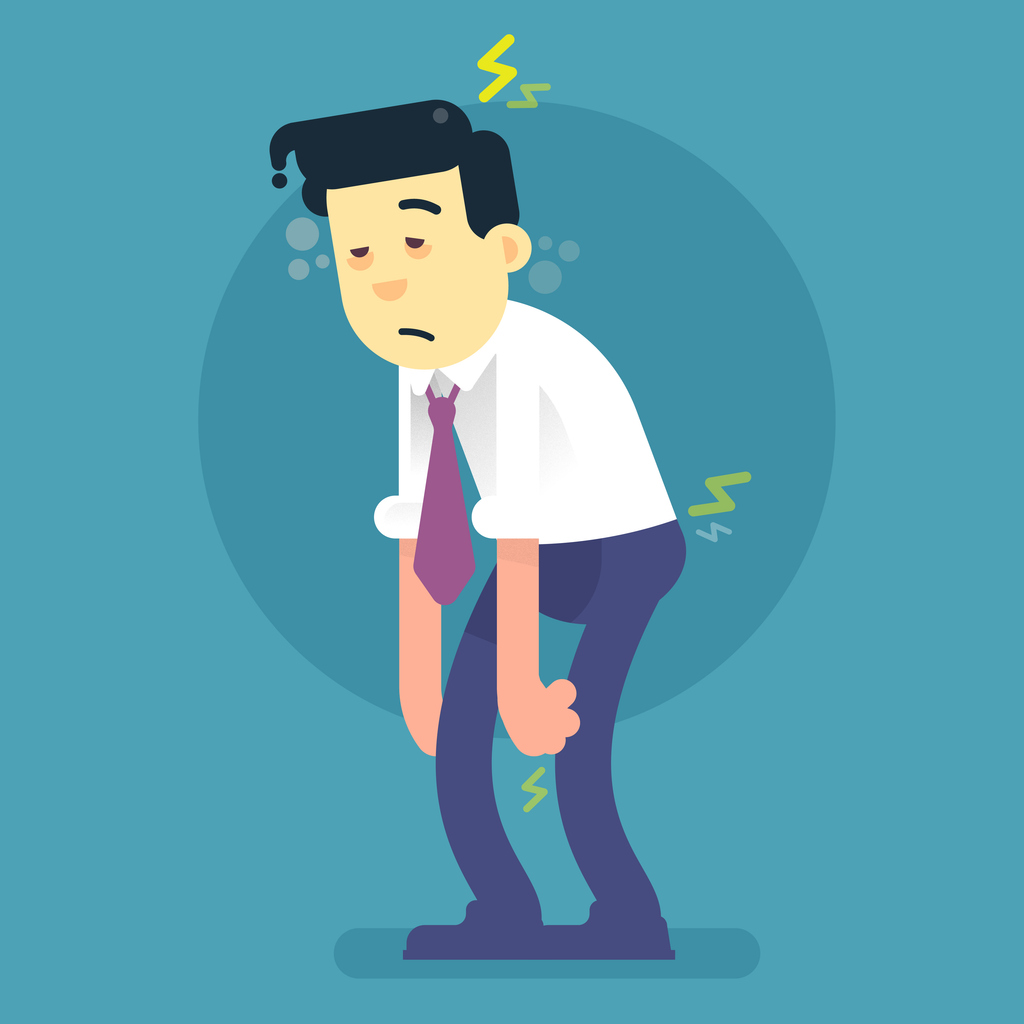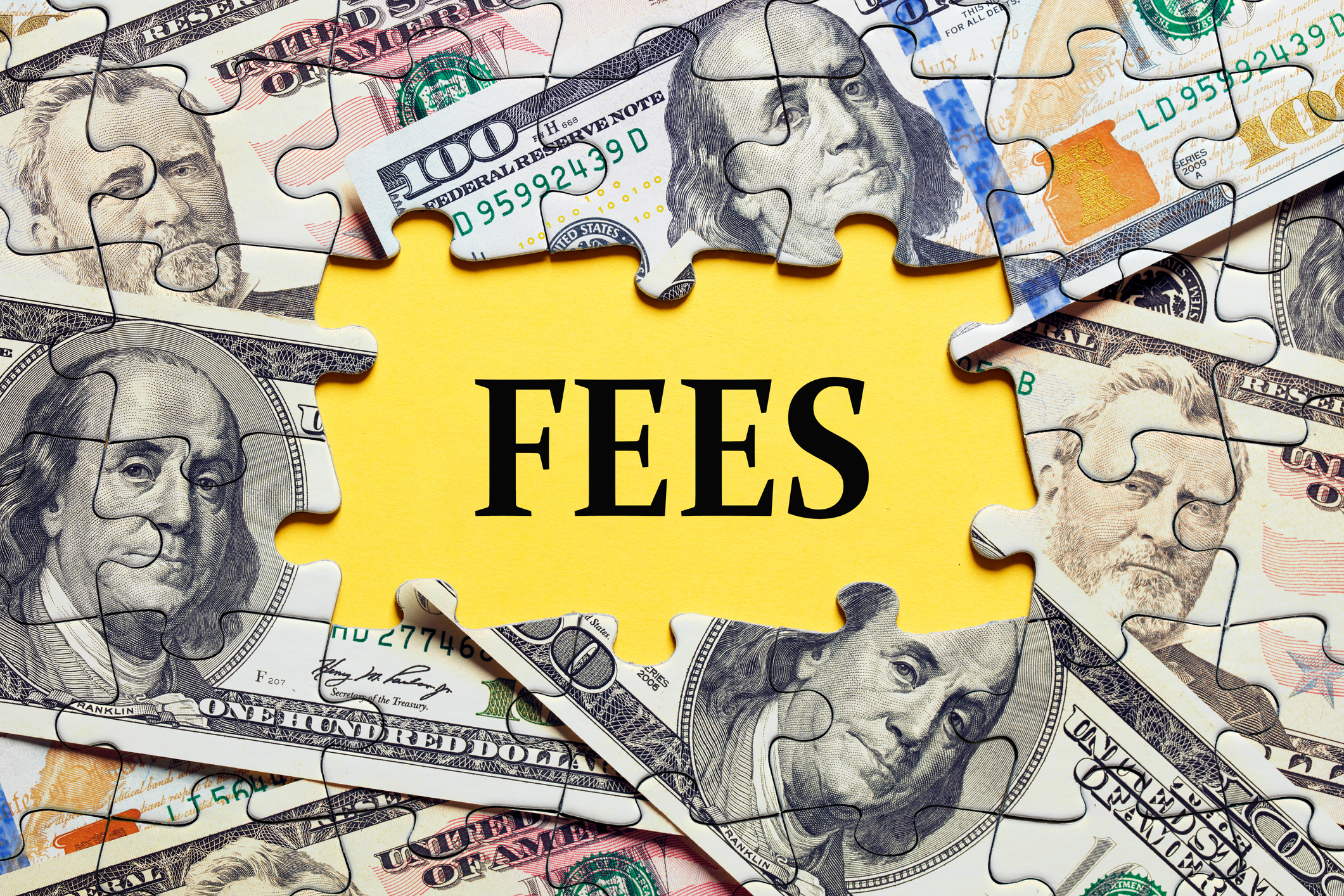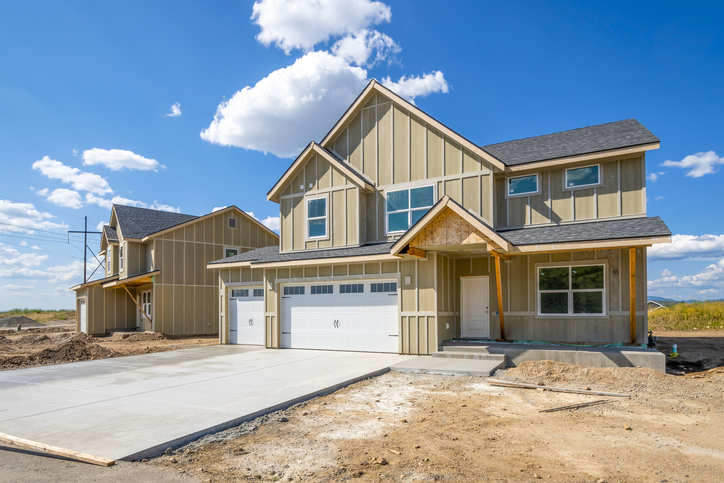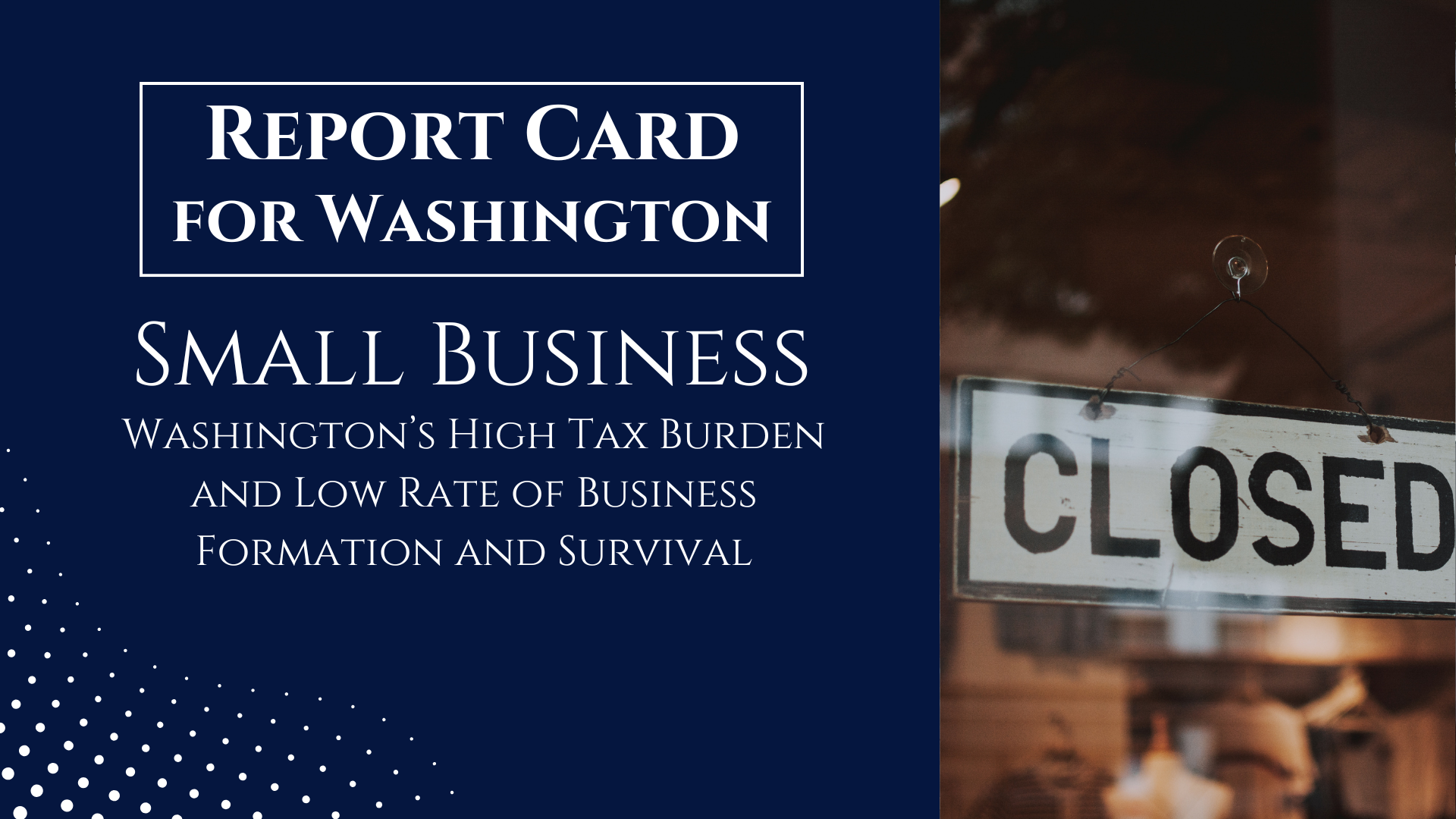![]() Download the full Legislative Memo here.
Download the full Legislative Memo here.
Key Findings
- The state Legislature is considering two bills that seek to add additional regulations to on-demand food and passenger transportation service companies and workers.
- HB 2310 and its companion, SB 6399, would require on-demand transportation providers, such as Uber and Lyft, to submit carbon reduction plans annually to the Department of Ecology. Traditional, regulated, taxi and limousine services would be exempt.
- Under HB 2310 and SB 6399, Ecology would be required to create a plan by July 1, 2022, defining carbon reduction targets for on-demand food and passenger transportation service companies.
- To meet carbon reduction goals, HB 2310 and SB 6399 require the increased use of zero emission vehicles. There is significant cost for on-demand transportation drivers to replace their gasoline-powered vehicles with zero emission vehicles.
Introduction
The emergence of on-demand transportation companies in the last few years has revolutionized the way consumers pay for and use on-demand and for-hire transportation services. Companies like Uber and Lyft provide fast and cost-effective ways for consumers to travel that are more popular than traditional, government-regulated, for-hire taxi cabs and limousine services.
For drivers, on-demand transportation companies provide new ways for people to work and earn an income outside of the typical company’s nine-to-five workday. The ability to have a flexible schedule and work on a part-time basis is a convenient and popular option for many workers.
![]() Continue reading the full Legislative Memo here.
Continue reading the full Legislative Memo here.





